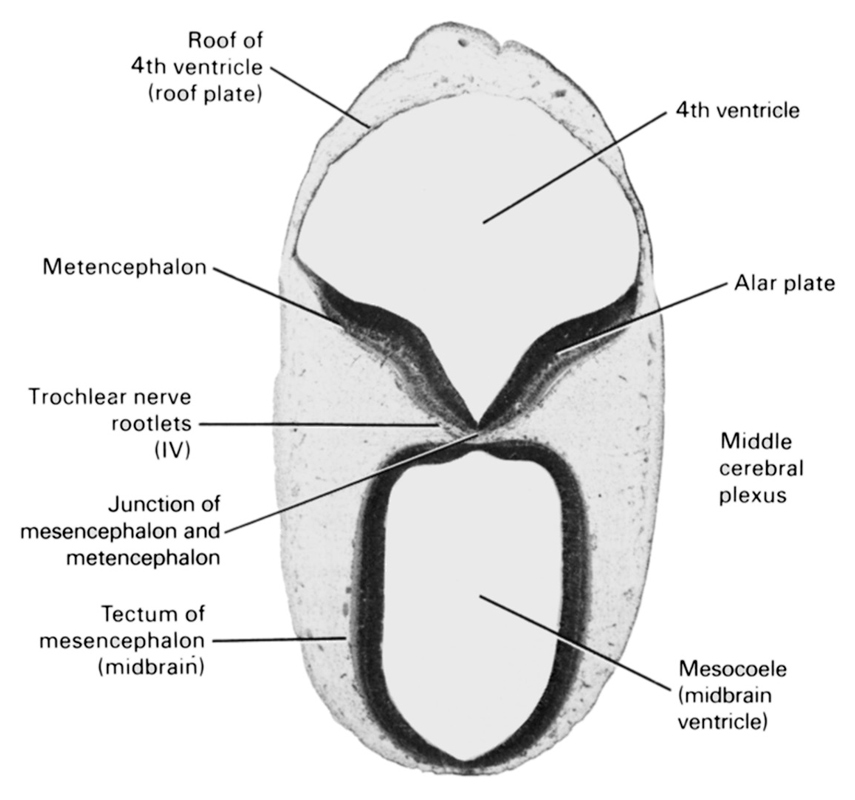The upper part of the roof is composed by a thin sheet of white matter the superior medullary velum that stretches between both superior cerebellar peduncles.
Roof of 4th ventricle.
The roof of the fourth ventricle has presents a tent like apex at the intersection of it s superior and inferior parts.
Rosette forming glioneuronal tumor of the fourth ventricle.
The apex of the tent goes posteriorly into the white core of the cerebellum.
In the upper part it is formed by superior medullary velum white matter between the superior cerebellar peduncles.
Roof posterior wall the roof of the 4th ventricle is tent shaped and has upper and lower sloping surfaces.
The upper portion of the roof is formed by the cerebellum.
The roof of ventricle is diamond shaped and can be divided into superior and inferior parts.
The obex is the most caudal tip of the fourth ventricle.
The median part of the superior roof called the superior medullary velum consists of a thin lamina of white matter between the cerebellar peduncles.
The roof of fourth ventricle is the dorsal surface of the fourth ventricle.
The roof of the fourth ventricle is tent shaped rising to an apex called the fastigium that divides the superior roof from the inferior roof.
Median eminence is seen in the floor of the fourth ventricle.
Flat floor of fourth ventricle sign.
Superior medullary velum c.
The fourth ventricle contains choroid plexus along its roof along the tela choroidea which may protrude out the lateral foramina of luschka.
This apex also known as the fastigium extends into the white core of the cerebellum.
Roof the fourth ventricle is formed by all of the following except.
The roof of fourth ventricle is the dorsal surface of the fourth ventricle.
The superior part of the roof is formed by the superior cerebellar peduncles and the superior medullary velum thin sheet of white matter.
Fourth ventricle sagittal section of the brain.
It corresponds to the ventral surface of the cerebellum.
Inferior medullary velum b.

